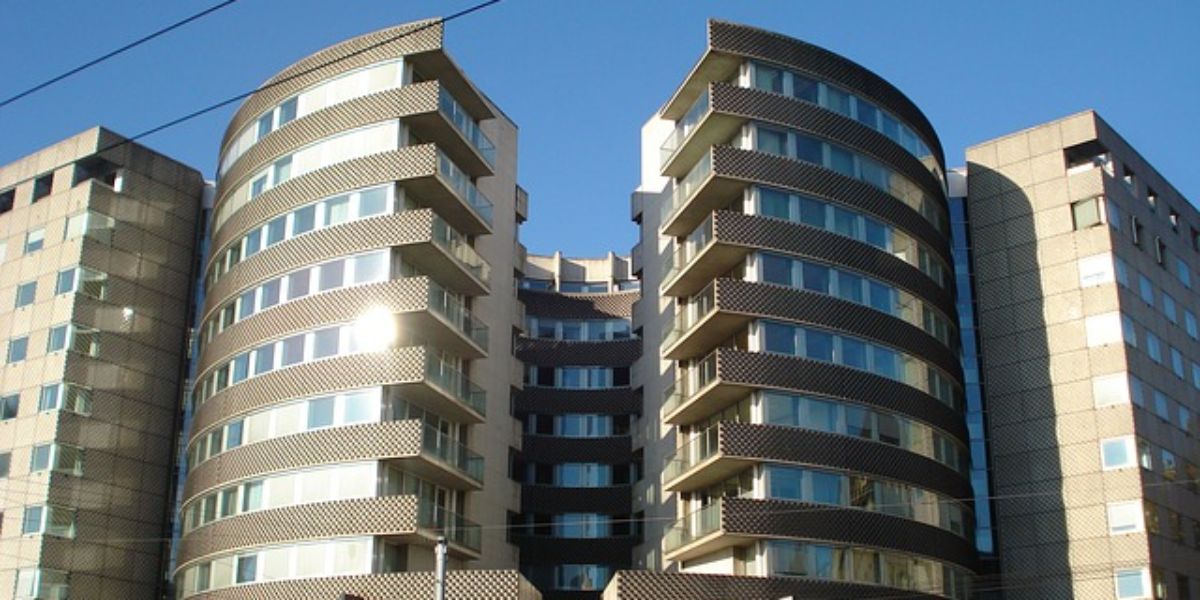Swiss company formation: the SARL
Creating a Swiss SARL (Swiss LLC)* is carried out through the submission of notarized legal documents.
Founders and shareholders
Swiss company formation for a SARL is carried out by one or several physical people or legal personalities.
The articles of association
The following must be included in the articles of association of a Swiss SARL:
- business name
- company headquarters
- business activities
- amount of share capital
- nominal value and number of shares
Other clauses can be added to the articles:
- Competition clause to prevent managers from competing with the company
- privileges for certain categories of shares
- shareholders agreement
- calling of shareholders meetings
Share capital
The minimum capital required to form a Swiss SARL is 20,000 CHF (about $22,000). This capital must be paid up at the time of incorporation.
Swiss company formation of a SARL with authorized capital. An increase in ordinary capital is decided at the general shareholder's meeting. This is the responsibility of the managers who must register this increase on the Swiss trade registry within 3 months.
The administration: the management and the company
Normally all the shareholders are managers, but the articles of association could define the management of the company differently.
The managers are necessarily physical persons. They manage and represent the company. Members of the board can also appoint third parties as management (non-members).
At least one of the managers must be residing in Switzerland.
The managers make decisions on all issues which do not fall under the purview of the general shareholders meeting. The law grants them 7 inalienable responsibilities.
Auditors
According to Swiss law, it is not the type of company but its size which determines if an external audit must be performed.
- Companies with fewer than 10 employees are not required to carry out annual external audits.
- Companies which have regularly more than 10 full time salaried employees are required to carry out annual audits.
Annual shareholders meeting
The shareholders meeting must be held at least once a year.
Purview of shareholders meetings
- Adopt and amend the articles of association;
- appoint or remove managers;
- approve the annual statements and distribution of dividends;
- vote the directors liability discharge;
- review the management.
The annual shareholders meeting is convened by the managers within 6 months after the end of the financial year and 5 days before the actual meeting is held.
If all members are present, a shareholders meeting can be convened without following these rules.
Shares
Shares are nominative and their minimum value is 100 CHF. They must be listed on the share register along with the name, address and country of origin of the shareholder and the value of the shares they own.
According to the law of January 1, 2008, the sale of shares can be carried out by private agreement in the following manner:
- drafting an agreement to sell shares
- holding a special shareholders meeting to endorse the sale
- modifying the shareholder register
- requisition at the commerce registry to change the list of shareholders
Loss of capital, dissolution, liquidation
The provisions are the same as those which are applied to Swiss SA companies:
As soon as accumulated losses exceed half of equity, the management must summon a shareholders meeting and propose a restructuring.
If the accumulated losses exceed the equity, the company is over-indebted. After having drawn up an intermediate balance sheet which has to be approved by auditors, the company must notify the judge who will then decide whether or not it is viable or will pronounce it bankrupt.
The company is dissolved by decision of the shareholders at the general meeting, stated in a notarized document, by judgement or by filing for bankruptcy.
A dissolved company liquidates its assets, except when a merger occurs. As long as the company is not liquidated, the company in the process of liquidation retains its legal personality.
The management takes care of the liquidation unless another liquidator has been appointed. In the case of a judicial decision where bankruptcy is found, the judge appoints the liquidator.
*The closest equivalent of a Swiss SARL is a Swiss LLC, with minor differences.







